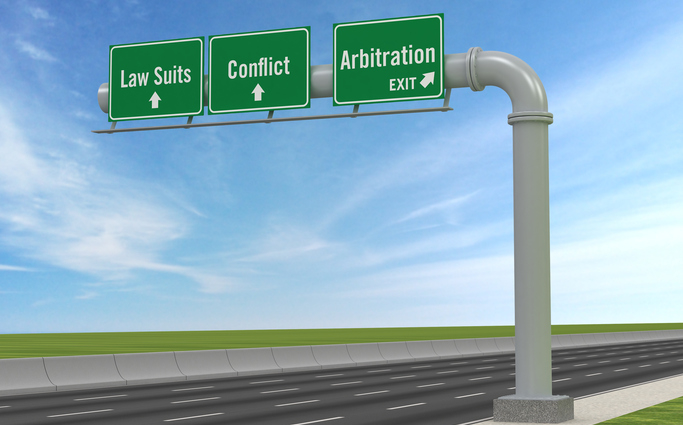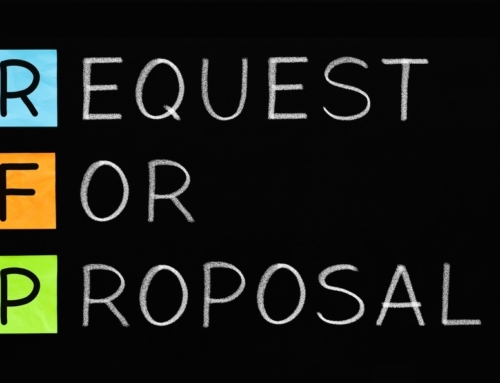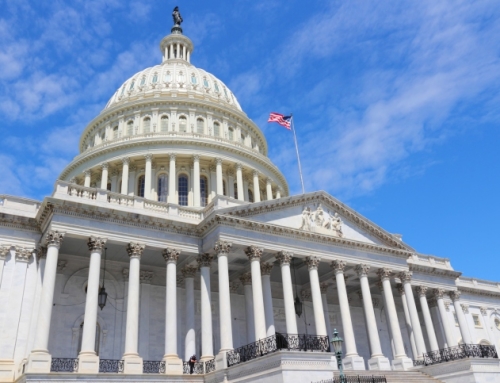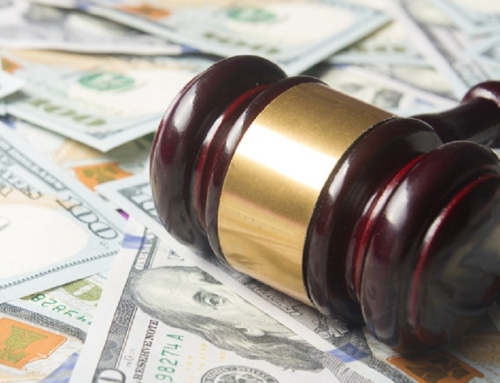Legal actions by Uber drivers claiming they were misclassified as independent contractors cannot go forward as a class action, the US Court of Appeals for the Ninth Circuit ruled Tuesday; instead, they must be handled by individual arbitration.
Drivers had signed arbitration agreements, but the district court had ruled they were not enforceable in 2013. Tuesday’s decision reverses that prior ruling.
Plaintiffs’ attorney Shannon Liss-Riordan said in a statement Tuesday’s ruling was expected given a previous ruling by the Ninth Circuit, and the US Supreme Court’s ruling earlier this year finding that arbitration agreements in employment contracts do not run afoul of the National Labor Relations Act.
“We are considering our options, including an en banc appeal to the entire Ninth Circuit,” Liss-Riordan said, adding that in the meantime, she is encouraging Uber drivers to sign up for individual arbitration.
“Thousands of drivers have already signed up for individual arbitration,” Liss-Riordan said. “If Uber wants to resolve these disputes one by one, we are ready to do that — one by one.”
Tuesday’s ruling covers several Uber driver misclassification cases that were consolidated, including O’Connor vs. Uber. The class included some 160,000 Uber drivers, and litigation began in 2013. At one point, Uber and the plaintiffs’ attorney reached a deal to settle the litigation for $100 million, but the district judge rejected it.
Plaintiffs’ attorneys argued the arbitration agreements were unenforceable because a lead plaintiff opted out of arbitration agreements for the entire group — an argument rejected on Tuesday by the Ninth Circuit. Plaintiffs also argued arbitration agreements were unenforceable in cases such as this under the National Labor Relations Act, but that argument was moot after the May Supreme Court ruling upholding companies’ right to include arbitration clauses in employment agreements.
“Following the Supreme Court’s decision in Epic Systems, we obtained supplemental briefing from the parties,” according to the Ninth Circuit’s ruling on Tuesday. “Plaintiffs acknowledged that the court’s decision extinguished their argument that the arbitration agreements were not enforceable under the NLRA.”
In addition, the Ninth Circuit had previously ruled against some Uber drivers in a September 2016 decision that they were subject to arbitration









